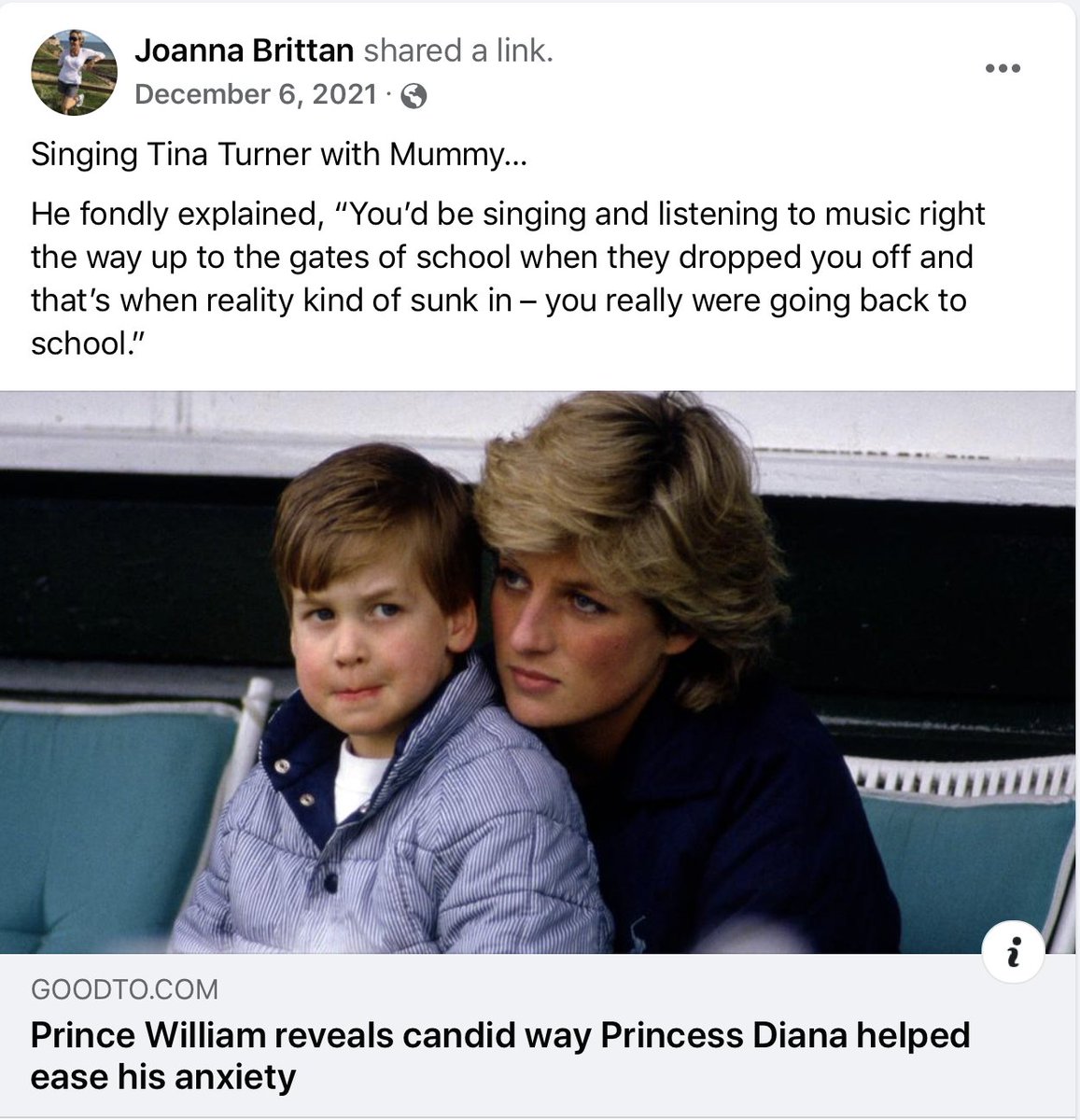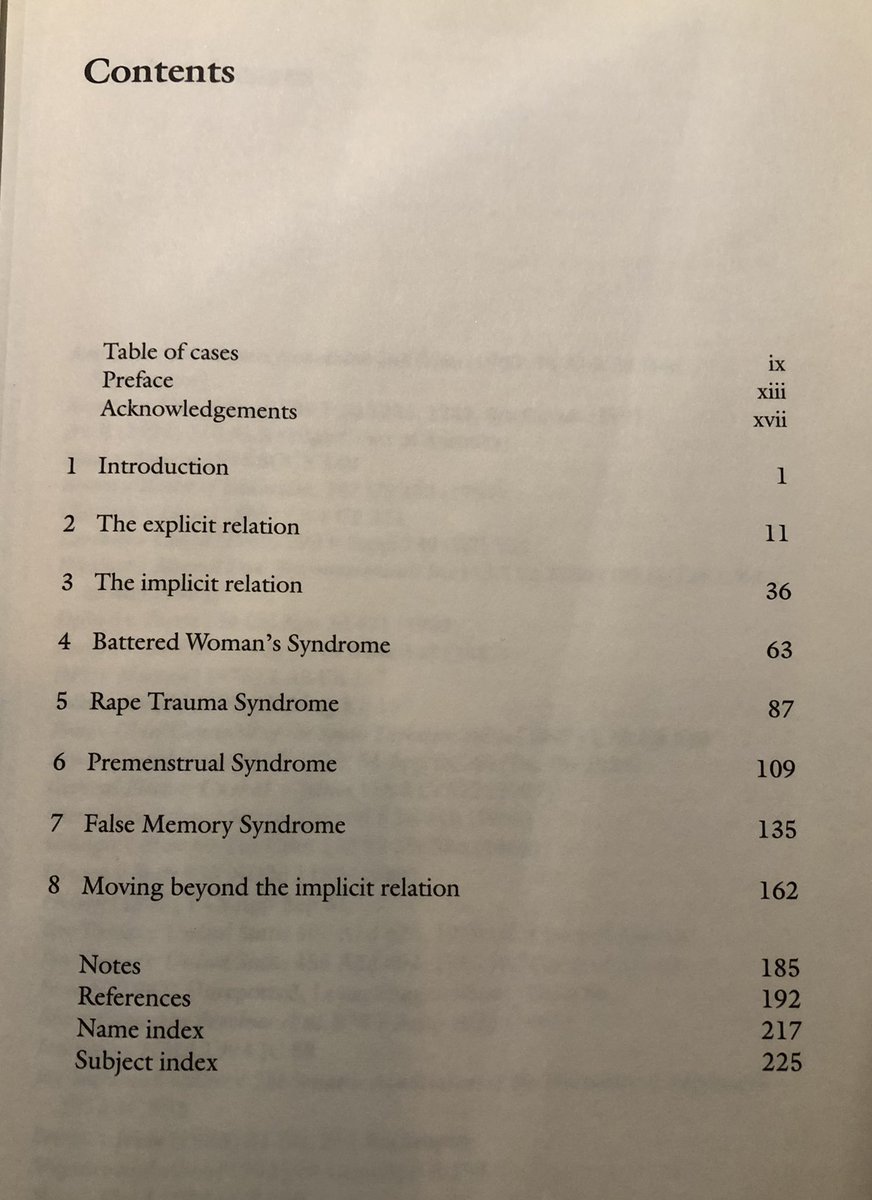
“What do you need for a trauma-informed school?” That was the title of my talk today, t very first live since lockdown!!, w/ 35 staff at @MillofMainsPS in Dundee. Here’s a THREAD on t range of trauma-attentive things they are ALREADY doing to support their childrn. 

2. First, what does a GROUP of gathered staff look like?? THIS!! In their brand new, never-before-used Community Hall! #Honoured We came up with ideas for all sorts of community events, to ripple out the insights of today to parents & others, didnt we @geordiepeaches ? 😀 

3. New teacher: “I’ve been using cards I made up to let the kids choose how to regulate. They only took me a few minutes to make. They’ve saved me hours of time. It’s like a way for them to tell me what they need even in midst of big emotions.”
Me: “Do you have them handy?”



Me: “Do you have them handy?”




4. That new teacher: “I hadn’t thought of t cards as trauma-informed before. What about t stuffed toy I brought in (Leo)? It only cost me about £2.99. But some of them really like sitting with him for a while.”
Me: “It’s brilliant. I know: simple. But that’s t point: attentive.”
Me: “It’s brilliant. I know: simple. But that’s t point: attentive.”

5. Another teacher: “I teach P1. I got rid of all the tables & chairs in my room. It’s totally open plan & child-led. They choose what they want to do. I had to work to convince the Headteacher to try it. But now we do all play-based learning.”
Me: “Can I see your classroom?”
Me: “Can I see your classroom?”

6. When we got there?…
“The thing is, it has changed so much of their activity! I mean, they ARE actually writing more! They leave post-it notes everywhere, like on the things they build. I like to leave them up whenever I can. See what I mean!”
“The thing is, it has changed so much of their activity! I mean, they ARE actually writing more! They leave post-it notes everywhere, like on the things they build. I like to leave them up whenever I can. See what I mean!”

7. “I realise there are SOME tables still in the room. Like the red ones there. But that’s not for writing on. It’s for feathers! That’s what I will offer them tomorrow. They are so creative when you just offer them opportunities. It’s such good LEARNING.” 

8. Another teacher: “I’ve been letting them out to play. Every day, lots of extra time. I worried I was cheating them of learning time, but even t parents tell me it is helpng them so much. I just hadn’t seen it as trauma-informed.”
Me: “Do you know @UpstartScot work on play?”
Me: “Do you know @UpstartScot work on play?”

9. And when I showed them the terrifying new pandemic obesity increases from @TheMooreLab ?
“I never knew cortisol in stress increases weight cause of glucose. It isn’t just low activity levels then? Oh my gosh! That means our #DailyMile is a trauma-informed strategy too!”
“I never knew cortisol in stress increases weight cause of glucose. It isn’t just low activity levels then? Oh my gosh! That means our #DailyMile is a trauma-informed strategy too!”
https://twitter.com/themoorelab/status/1492883858450169857
10. Another classroom, another teacher: “These are the hands we’ve been making. We write on them who are all the people that make us feel safe & loved.”
Me, reading: “Mum, Dad, Gran, Uncle.”
Teacher: “The parents don’t get to come in to see this. So I try to tell them.”

Me, reading: “Mum, Dad, Gran, Uncle.”
Teacher: “The parents don’t get to come in to see this. So I try to tell them.”


11. “And that’s our Worry Monster. Some of the kids feed him notes and “zip” them away. The ones who can’t write well? They just talk to him. A lot. It is not at all unusual to find kids talking to him. They have had a lot of worries cause of COVID.” 

12. “Those are our teddies & weighted blankets. The kids like those for story time. Especlly those w/ autism. They just stretch out all over t floor &listen. You can SEE them relaxing.”
Pauses…
“One of t boys hates leavng ths room. He takes t big Ted w/ him. Then he can manage!”
Pauses…
“One of t boys hates leavng ths room. He takes t big Ted w/ him. Then he can manage!”

13. “Those? Oh they are Friendship Bubbles. You get the kids to write in the middle the things they have in common with the person they are paired with. I just left them on the board so they could remember what they said.” 

14. Another teacher stops in, listening to us chat : “The Calming Tent is outside the door in the corridor. I know it’s a wee bit crowded there today, but we’ve been moving things around. No, I don’t think it was very expensive at all.” 

16. Answer: “Oh, well I just divided it in to squares for each child. They can hang anything in it they want. Things that interest them or that they want to tell you about or come back & look at later. It’s their own personal space that gives them a claim in this room.” 

17. And this! Oh and this!! Apparently your Superhero helps you be this - CURIOUS. That’s what they’re working on right now : ways to be curious. (And I don’t think I used that word once in my talk today. They had no idea how my heart leapt with joy.) 

18. When I had pulled #TheLittleIceberg ( by Headteacher @Run485 ) from my bag? One of t staff said, "Oh, I hv that book. Its good for talking about feelings." YES! Except - She didn't yet know how hard I was going to push t point of t LOSSES children hv suffered these 2 years. 

19. So later, I told some of t staff abt t creativity of schools like @St_monicas_prim & @KnightsridgePr1, who hv used #TheLittleIceberg across the whole school to help them talk w/ childrn abt those losses. I promised I wd send on @St_monicas_prim video.
20. And push them I did. I admired t staff's courage as I listed t things we know childrn hv suffered in ths pandemic: domestic violence, parental drinkng, loneliness, anxiety. We heard abt the 3-year-old who 'plays shop' by puttng on her mask. Of course. bbc.co.uk/news/uk-564916…
21. Why am I writing such a long thread that provides all these details? 1) Because it is easy to believe a trauma-informed school is complicated & hard to create. It isn't. My photos show that. I hope they will give other schools ideas about what they can do.
22. And 2) Because you cn be doing all sorts of brilliant things as a school that pay attentn to childrn's needs - without seeing that as 'trauma-informed'. So we miss t links betwn 'relationship-led' & 'child-centred practice'. ALL of that counts,as @realdcameron has been sayng.
22. I am delightd to already hv tweets shared frm t staff that say today made a difference for thm. I'm glad. Tomorrow their childrn walk back through those doors. Confident teachers who insist on t primacy of relationshps CHANGE CHILDREN'S BIOLOGY.
https://twitter.com/claire_meldrum/status/1493648788984156171?s=20&t=TDLYkcEmMBu7s9Dek9xOGA
23. These are childrn in DUNDEE. I believe t levels of intrgenerational trauma this city carries (frm t way we were industrialised) hv gone unrecognised. @geordiepeaches, who worked to get me to t school, probably had a headache frm our epigenetcs conv.
https://twitter.com/geordiepeaches/status/1493618702679482378?s=20&t=TDLYkcEmMBu7s9Dek9xOGA
24. We hv a CHANCE to help our childrn recover frm t stresses of t last 2 yrs. But only if we pay attntn RIGHT NOW to their biology. Only if we give thm lots of outdoor play time, listen to their feelings, help thm learn to breathe. If that's not our priority? We EMBED t stress.
25. And there IS hope. Let me end by telling you of the remarkable moment by which that played out today. A woman, behind a mask, came up & said “You might not remember me, cause it was 10 years ago, but do you remember when you came to my house? For the film?”… 

26. I didn't. (She was wearing that mask.) Which film, I wonderd? And thn she said 'Bradley. Do you know how he's doing?' And I started to cry. Because now I DID know her. @KeeganSmith_Law @hello_bennett , you might too? That film?... Its called Warriors. vimeo.com/539046327
27. She had NO IDEA that that film, now 10 yrs old, was reclaimed to public awarenss by lawyer @KeeganSmith_Law &that he has ensured it's been viewed by 1000s of ppl over t past year. She had NO IDEA of t lives SHE has changed, by her willingness to tell her own story 10yrs ago.
28. She had NO IDEA Bradley had been sittng on panels for those screenings this past year. She wanted to show me t photos of her baby in that film (now a very tall lad), and to tell me how much it had helped her to learn 'this stuff' back then. She said understandng trauma helps.
29. SO: The world is a small place. There is always always #Hope. And at the same time? There are many people who don't yet know - abt trauma, abt events that are happening, abt their own impact. I like being part of a Big Choir singing about this. We need to sing more LOUDLY.
30/end. Whn I stood this morn, makng a #ritual of looking out my window, I was a bit nervous about walking back into a room of ppl after 2 years away. Thank you @MillofMainsPS. I could not hv had a more memorable day or been more warmly welcomed. #DaringVentures are worth taking. 

• • •
Missing some Tweet in this thread? You can try to
force a refresh













